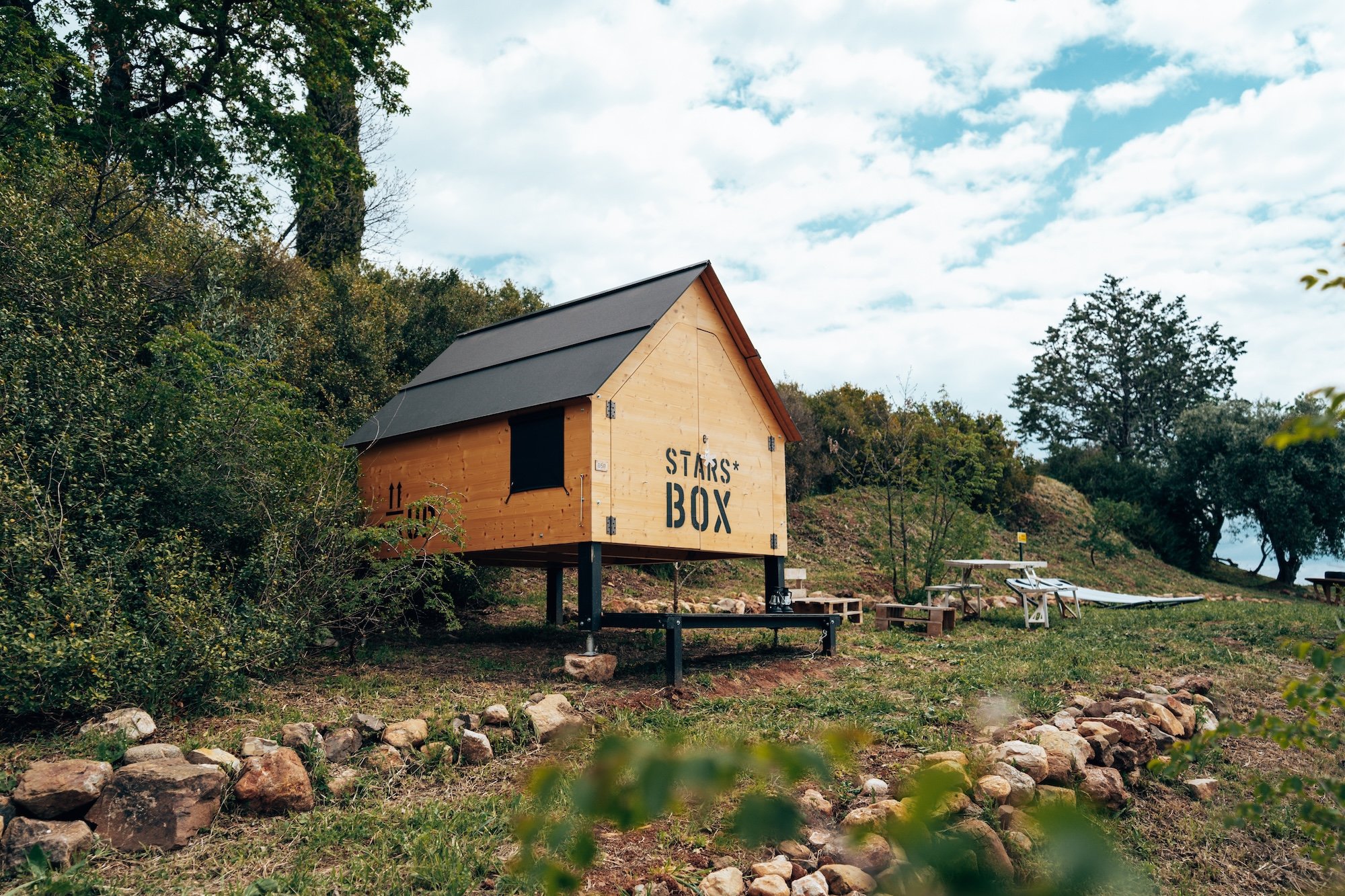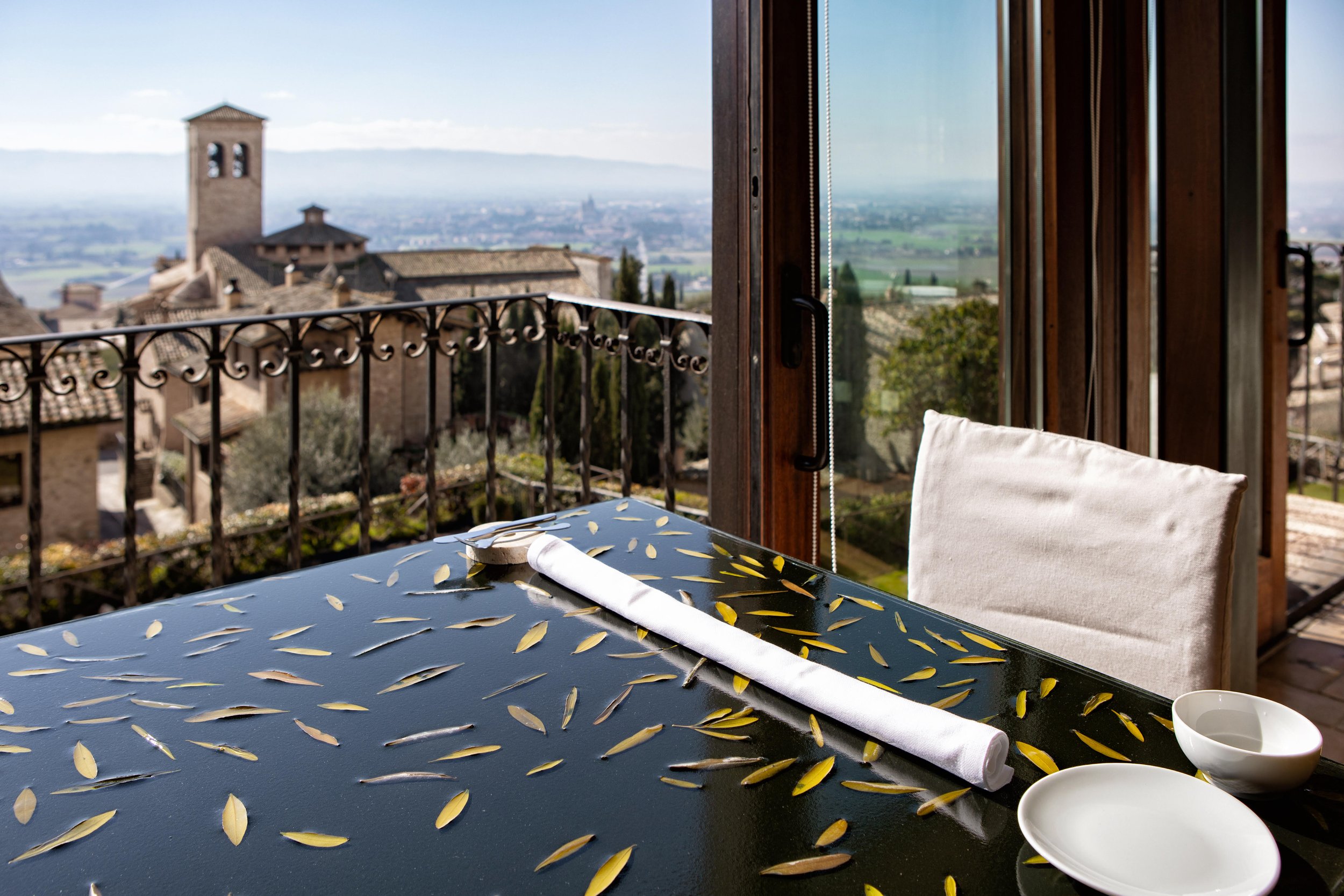What is Italian Olive Oil Tourism?
Thanks to associations, awards, initiatives and to the most forward-thinking companies and farm, olive oil tourism is growing.
l'abbraccio dell'ulivo millenario
Olive growing is a precious asset for Italy, not only for olive oil production but for its rustic appeal, too, contributing to the general charm of the country. You'll find offerings from the scenic terraced groves nestled over the Ligurian coast to the gentle profile of Umbrian hills and from the idyllic landscape surrounding the Garda Lake to the mesmerizing stretches of centennial trees covering the Apulian plains with their twisted trunks and silvery foliage. Italian olive oil tourism has plenty of opportunity for growth.
Umbrian Olive Oil Tourism
Camminata Tra gli Olivi
Regardless of the popularity of olive oil from Italy, olive oil tourism is not yet as popular and widespread as one might imagine in one of the most appreciated destinations by travelers from all over the world. Umbria is one of the very few regions where a well-structured touristic offer has been created and managed by the regional Strada dell’Olio e.v.o. Dop Umbria,) since 2004: this involves farms, hotels, country houses, hamlets, and tour operators, and organizes beautiful events such as the “picnic under the olive trees” or the large-scale event Frantoi Aperti (literally "open mills") when many of the regional olive mills open their doors to visitors during the harvesting and milling season. Elsewhere, it’s mostly up to single farms and local associations to set up events, packages, or experiences to attract visitors and enrich their visit with opportunities to learn, discover and appreciate the multifaceted charm of extra virgin olive oil.
Favorable Changes to Legislation
To be fair, things have been changing over the last few years: since a national law containing incentives and clear fiscal procedures – submitted by the Apulian manager, vine grower, and former senator Dario Stefàno – was approved in 2020 and finally enforced in February 2022, a few Italian regions adopted the regulation, helping and stimulating local growers and producers to structure a consistent and well-organized touristic offer to support and enhance their productions.
National Contest for Olive Oil Tourism
Meanwhile, in 2020 the “Spello Agreement" was signed in the charming Umbrian village, between the different olive oil and wine tourism associations – among whom, the federation of the Strade del Vino, dell'Olio e dei Sapori d'Italia and Città dell’Olio, the larger and oldest association representing over 400 Italian cities and villages where olive growing is a main asset – to join forces in this direction. And, since 2020, the National Contest for Olive Oil Tourism – promoted by Città dell’Olio with the Agricultural Ministry and supported by UNAPROL-Coldiretti growers association and by the Italian Food&Wine Tourism Association – also proved as an effective incitement for olive oil producers, recognizing the best experiences and projects set up by farms and mills, oil shops, themed museums, restaurants, hotels and accommodation facilities and tour operators.
Olive oil tourism accommodations
The latest edition saw 105 entries from all over Italy, 21 of which entered the finals.
The six awarded experiences – appointed on June 26th in Matera, where the international ReCoMed, meeting gathering the Mediterranean “oil cities” from Italia, Greece, Spain, Morocco, Tunisia, Slovenia, Croatia, Montenegro, Turkey and Portugal, was held – enlisted the Picnic in StarsBOX, a wooden micro cabin immersed into the historical olive groves atFattoria la Maliosa, in Tuscany; the interesting EvoTour proposed byOliocentrica oil shop in Latina (Lazio), matching the impressive historical heritage of the region to the knowledge of local olive oil culture; the dedicated exhibit at the Musei Civici of Loreto Aprutino (Abruzzo); the menu focused on the “evolution of olive oil’s textures” created by chef Lorenzo Cantoni at Il Frantoio restaurant in Assisi(Umbria); the tantalizing Olivum Experience at the luxurious Palazzo di Varignana (Emilia-Romagna), including refined hospitality, gastronomic experiences, olive oil tastings and the access to the Varsana spa and outdoor pools, plus an Olive Oil Ritual Massage for two; and the weekend package Olio Abruzzo e gli antichi Vestini proposed by Abruzzo Live Experience tour operator (Abruzzo). And many more are enlisted in the Oil Tourism web portal.
What Travellers Want
Olive oil tasting
“Extra virgin olive oil tourism in Italy seems to be a high-potential field, yet still widely unexplored," Roberta Garibaldi summarizes. Chairwoman of the Italian Food &Wine Tourism Association, at the ReCoMed event she presented a survey showing a strong interest in visiting olive farms, oil shops, and museums as well as for tasting oils and walking along the olive groves, from the tourists. Growing trends are the direct connection with growers and producers, the chance of a food pairing experience on the premises, or – especially among Gen Z – more original experiences such as candle-lit dinners among the olive trees, olive harvesting, or foraging. “What emerges from the survey is a quest for authenticity, based on a strong bond between extra virgin olive oil production and the company's history," Garibaldi says.
Meeting the Need
Il Frantoio restaurant
“Olive oil tourism in Italy is moving fast, and the most forward-looking companies understood that visitors are mostly attracted by peculiar experiences. Some even offer hot-air balloon trips to admire the groves from above. Expensive, yet unique", Fabiola Pulieri confirms. Olive oil taster and journalist, she wrote a book – Oleoturismo - together with Dario Stefàno to help growers and producers to implement olive oil tourism offers. "Spain and Portugal are leading the sector in Europe since they started earlier with regulations and a more structured offer. Yet, today Italy has a good array of experiential, evocative proposals, from picnics to the most charming glamping amongst the olive trees”, she says. “And, while in Italy wine tourism is slowly starting to decrease, the gap between offer and demand in olive oil tourism means there is plenty of room to grow. As we often say, producers should become aware olive oil tourism can represent a “second harvest” to them, allowing farms and territories to thrive."






